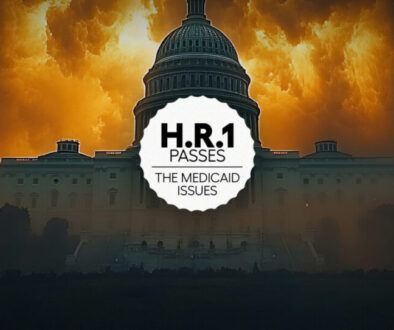2024 predictions: Economy cooling, health care costs increasing
2023 was a year of surprises, a panel of consultants at Mercer said during a recent webinar. But what will 2024 bring to the economy and to health care?
“It was certainly a year of surprise where economy is concerned,” said Julius Bendikas, Mercer’s European head of economics and dynamic asset allocation. “People said there was a high probably of the U.S. going into a recession, but they were proven wrong by a wide margin.”
Bendikas gave three reasons why the U.S. economy expanded rapidly in the third quarter.
Consumers were still able to tap into extra savings they accumulated during the COVID-19 pandemic.
Inflation is slowing and fuel prices are lower than they were at this time last year.
Fiscal policy has had a stimulative impact.
“It certainly was a year of positive surprise for growth,” he said. “And it disappointed a lot of people who were expecting a recession.”
After an economic cycle which Bendikas described as “overheating,” it’s natural for a period of cooling off to occur, he said.
“We think it’s only natural, after a cycle of overheating, for the economy to lose steam for a while,” he said. “We see the business cycle slowing down.”
Bendikas discussed several factors that he believes will lead to a slowing of the economy in 2024.
Consumer savings. Consumers have largely depleted the excess savings they accumulated during the pandemic. Any excess savings are concentrated among consumers in high income brackets. “The average consumer can’t tap into excess savings anymore,” he said.
Inflation has fallen, he said, with oil and natural gas prices as well as used car prices down from this time last year. “But they’re not going to fall by the same amount again,” he said. “I don’t expect inflation to fall further.”
Fiscal policy. “I expect that fiscal policy will be less stimulative and will turn into a headwind,” he said. “The U.S. economy will lose its assists and will have to face conditions head on. Banks are less willing to give out loans.”
Inflation continues to be top of mind for employers and workers alike, Bendikas said.
The falling inflation rate, “has been encouraging,” he said. “We are not that far from inflation returning to where it is supposed to be – a 2% annual rate. Commodity prices are falling and we are not seeing supply chains disrupted as they were in the past.”
However, he said, one issue about inflation that is still worrying “is the continued strength of the U.S. labor market, which underpins wage growth.”
Benikas said he sees some signs of the labor market cooling in 2024.
“After a couple of years of abnormality as far as inflation and growth are concerned, I see next year moving to normalization,” he said.
Health care costs: Good and bad news
In looking at health care costs for 2024, there is good news and bad news, said Tracy Watts, Mercer national leader for U.S. health policy.
First, the bad news. Mercer does not expect to see much relief on overall medical cost trends. Employers with 50 or more workers saw increases in health plan costs of 5.4% for 2023 and 2024, with costs for 2025 expected to be even higher.
Two drivers of these cost increases are high prescription drug costs and consolidation of health care providers, Watts said.
The good news, she said, is that “there are still plenty of strategies for employers and plan sponsors to use to manage costs.”
She cited strategies such as programs to manage specific health conditions and steering workers to receiving care in a high performance network.
Susan Rupe is managing editor for InsuranceNewsNet. She formerly served as communications director for an insurance agents’ association and was an award-winning newspaper reporter and editor. Contact her at Susan.Rupe@innfeedback.com. Follow her on Twitter @INNsusan.
© Entire contents copyright 2023 by InsuranceNewsNet.com Inc. All rights reserved. No part of this article may be reprinted without the expressed written consent from InsuranceNewsNet.com.
.
The post 2024 predictions: Economy cooling, health care costs increasing appeared first on Insurance News | InsuranceNewsNet.



